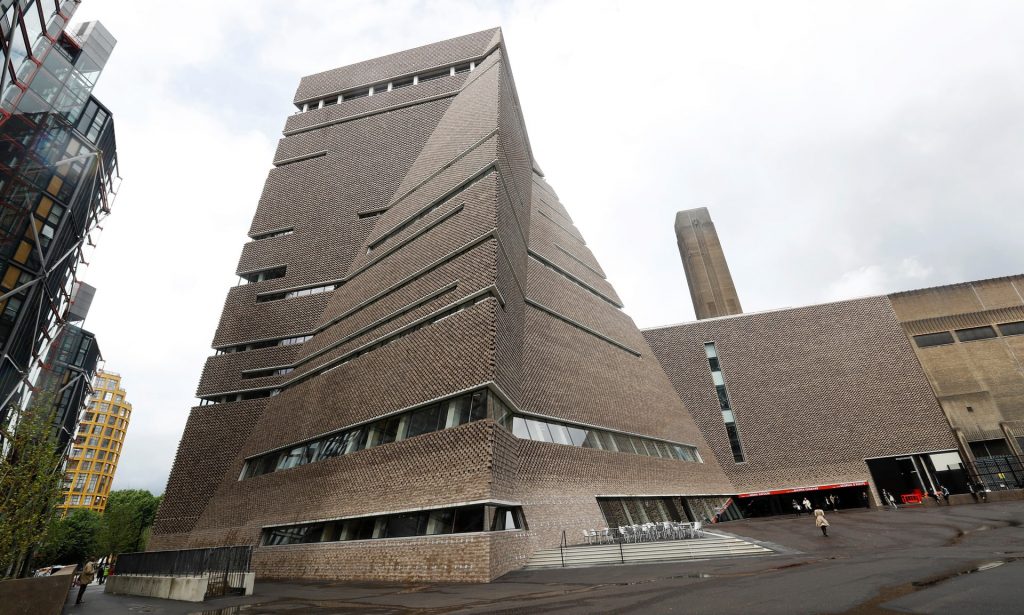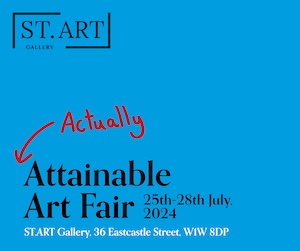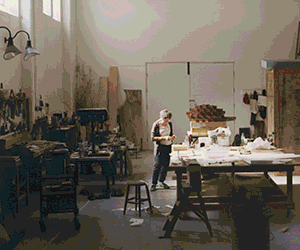
Representatives of UK museums, sector bodies and funders took part in the first UK Museum COP at Tate Modern this week organised by the National Museum Directors’ Council (NMDC).
The event secured consensus from museum leaders on collective action to decarbonise the sector and mitigate the impacts of the climate and biodiversity crises.
The museum leaders today issued their first-ever joint commitment for collective action:
As leaders of the UK museums, we feel a responsibility to speak out about the current climate and biodiversity crisis and call upon UK politicians and businesses to accelerate action to mitigate this crisis before it is too late. We are already around or beyond crucial tipping points: global temperatures are higher than they have ever been since humans emerged as a species, and extinctions are occurring at around a thousand times the normal rate. There is an existential threat to the world we have become accustomed to.
Museums are institutions with a long-term view. Many have collections relating to the Earth’s five previous mass extinction events, and we are now in the midst of the sixth, the Anthropocene. UK museum leaders feel they have an ethical obligation to take action to alleviate that damage.
We will:
- Use relevant collections, programmes and exhibitions to engage audiences with the climate crisis and inspire them to take positive action,
- Introduce more sustainable collections management,
- Develop and implement decarbonisation plans which include relaxing carbon-hungry environmental parameters,
- Undertake measures to mitigate the impacts of extreme weather and adapt to new challenges,
- Increase biodiversity in our green spaces.
Like all organisations across the country, museums need assistance with decarbonisation, mitigation and adaptation. We call upon businesses, funders, current and future governments to facilitate this, and maintain and deliver on commitments to achieve net zero carbon emissions and protect our natural environment.
The UK Museum COP was the culmination of work by a series of sub-groups each tasked with considering a different key issue for museums and proposing actions and recommendations to increase momentum in tackling barriers to sustainability. The areas of focus were: ethics; heritage buildings, adaptation and planning; Scope 3 challenges; workforce and skills; funding; and collections and environmental conditions.
Key recommendations:
- Urgent changes to planning legislation and guidance, and increased investment to ensure the sustainability of heritage buildings,
- Development of a new central resource linking to current advice and guidance on sustainability, including clear signposting to appropriate resources for different types of museums,
- Sustainability to be incorporated into Learning and Development programmes and recruitment, development of a mentoring scheme to share knowledge, and a cross-organisational training programme to be rolled out in 2024,
- Inclusion of environmental sustainability in key routes into the sector such as Museums and Heritage studies and apprenticeships,
- Carbon Literacy Training to be sustained, expanded, and strategically funded,
- All museums to adopt a ‘greener option first’ principle in all areas of their practice, including more intelligent and lower-energy environmental conditions for collections, more sustainable exhibition design and transportation of objects.
Maria Balshaw, Director, Tate and Chair, NMDC, said:
The NMDC was delighted to convene the first UK Museum COP at Tate Modern this week to agree actions museums and galleries can and should take to address the climate and ecological crisis. Museums and galleries have a unique perspective as institutions that have to take a long-term view with their mission to preserve collections and stories for the long future. The conference agreed a series of vital actions to reduce the environmental impact of museums and show how they can inspire positive action for our public.
Representatives from the following organisations attended the event: Arts Council England, Art Fund, Association of Independent Museums, Beamish: The Living Museum of the North, Birmingham Museums Trust, Bizot Group, Black Country Living Museum, Bowes Museum, Brighton and Hove Museums, Bristol City Museum & Art Gallery, British Film Institute, British Library, Buro Happold, Department for Culture Media and Sport, Derby Museums Trust, Design Museum, Esmée Fairbairn Foundation, Fidelity UK Foundation, Gallery Climate Coalition, Garfield Weston Foundation, Hampshire Cultural Trust, Historic Buildings and Places, Historic England, Horniman Museum and Gardens, ICOM UK, Imperial War Museums, Institute of Conservation, John Ellerman Foundation, Julie’s Bicycle, Leeds Museums and Galleries, Llywodraeth Cymru/Welsh Government, Manchester Museum, Museum Development North-West, Museum of the Home, Museums Association, Museums Galleries Scotland, National Army Museum, National Galleries Scotland, National Lottery Heritage Fund, National Museum Directors’ Council, National Museums Liverpool, National Museums NI, National Museums Scotland, National Museums Wales/Amgueddfa Cymru, National Portrait Gallery, National Trust Scotland, Natural History Museum, Renew Culture, Royal Air Force Museum, Royal Albert Memorial Museum, Royal Armouries, Royal Botanic Gardens Kew, Royal Museums Greenwich, Science Museum Group, Sheffield Museums, Tate, The Ashmolean Museum, The National Archives, The National Gallery, Touring Exhibitions Group, Tullie, Tyne and Wear Archives and Museums, UK Registrars Group, University of Cambridge Museums, University of Leicester, V&A, Wallace Collection, Wolfson Foundation and York Museums Trust.






